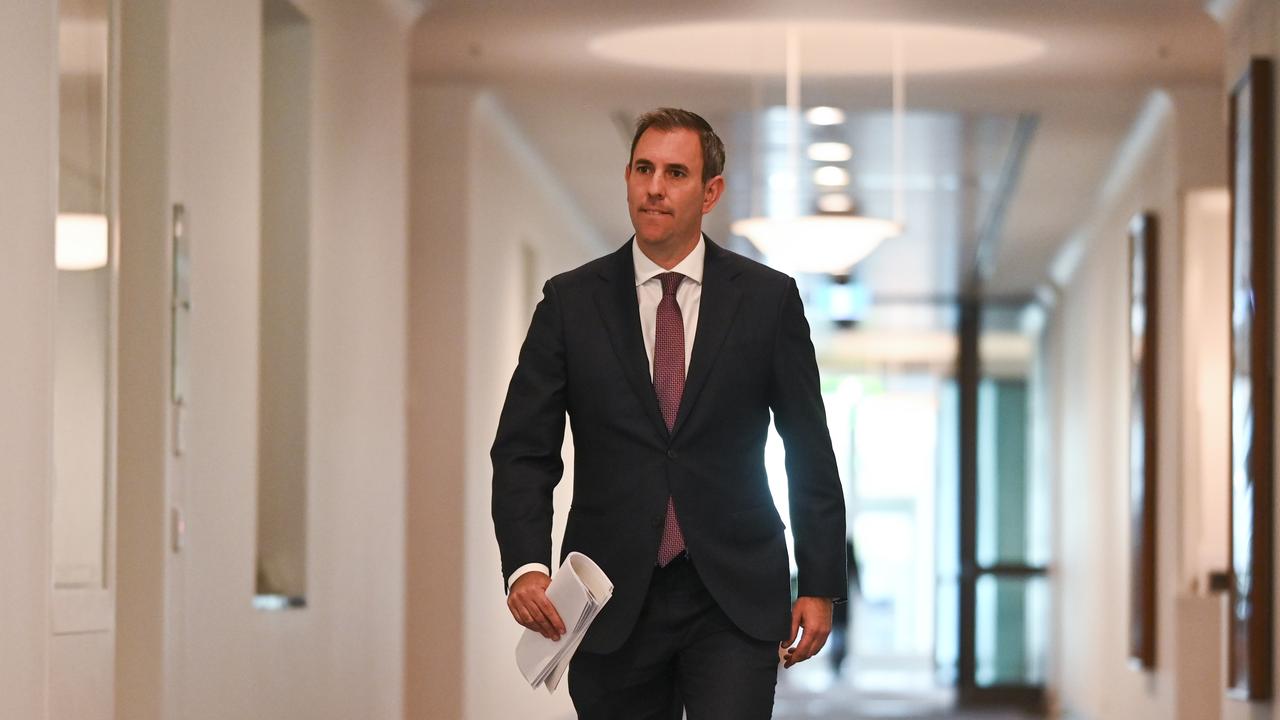

There’s no bigger issue in the Australian economy at the moment than what will happen to interest rates. The issue is pitting Gen Y and Z kids against their baby boomer parents or grandparents.
It’s hurting borrowers and helping savers. If inflation doesn’t come down over the next two months, you should expect another cash rate rise from 4.35% (which I think is too high) to 4.6%!
But this isn’t just an economic issue — it’s a huge political issue. This is how the dailymail.co.uk is reporting it as I write this from the OneAldwych Hotel at the crossroads of The Strand and Waterloo Bridge, London: “Anthony Albanese's approval rating has sunk to its the lowest level since he became Prime Minister, a new poll has revealed. The Newspoll, conducted for The Australian, also reveals Labor's primary vote in freefall after a series of policy blunders in recent months.”
It’s not just the blunders over The Voice referendum. It’s also the High Court ruling that would lead to 92 asylum seekers being released from indefinite detention - deeming their detainment illegal.
That might not sound all that bad, but talkback radio and other voter-facing media have had difficulty getting over this, as The Daily Mail put it: “Among the group fitted with monitoring devices and released into the community are dangerous criminals including murderers, rapists and child sex offenders.” These polls are screaming: “Not happy, Albo. Not happy.”
Adding insult to injury, the PM is seen as being not aggressively anti the groups who have been anti-Semitic, in wake of the Middle East conflict.
All this mixes in with the cost of living impact of 13 rate rises, with the Reserve Bank implying that generous Labor-constructed Budgets haven’t helped their fight against inflation, so high interest rates are Labor-created!
The only plus for the PM and Labor is that in the head-to-head contest with Peter Dutton, the Prime Minister leads by 46% to 35%.
However, overall, Labor's vote has fallen four points to 315 in the past three weeks, while the Coalition's has risen a point to 38% – its highest support since the election in May 2019.
Now Treasurer Dr Jim Chalmers has announced that he “…will axe one of the few ways he can control a Reserve Bank governor while also preventing the RBA from directly lending to particular companies or industries as part of his overhaul of the institution.”
The SMH’s senior economics correspondent Shane Wright reports that the Treasurer “…will also abolish a power the Reserve has held under its governing legislation since 1959 to direct the lending activities of private banks, which members of the extreme left and right have argued should have been used in recent years.”
This follows Dr Chalmers axing his own power “…to override a Reserve Bank decision in what amounts to the only ability a government has to directly interfere with monetary policy.” The power has never been used, in part because of the reputational damage it would cause to the bank and treasurer of the day.”
In recent months, the Greens have demanded Chalmers use the power to reverse RBA board decisions to lift official interest rates, but the Treasurer knows that his interference in rates settings would be seen as bad policy by overseas governments and markets. In fact, Dr Chalmers’ recent changes actually means that a separate board will only set official interest rates, while a governance board will oversee the RBA’s day-to-day operations.
This is a big call for Dr Jim. He has to be hoping that his new RBA Governor Michele Bullock gets her interest rate calls right. If she doesn’t, the voters of Australia won’t care who raised rates, they’ll blame Albo, Dr Jim and the Labor Party.
I want to check the inflation data out on Wednesday and then further readings in mid-January, and after that on January 31, to tell us that inflation is falling. If inflation doesn’t fall, Ms Bullock could raise rates again, which will further push down Labor’s popularity.